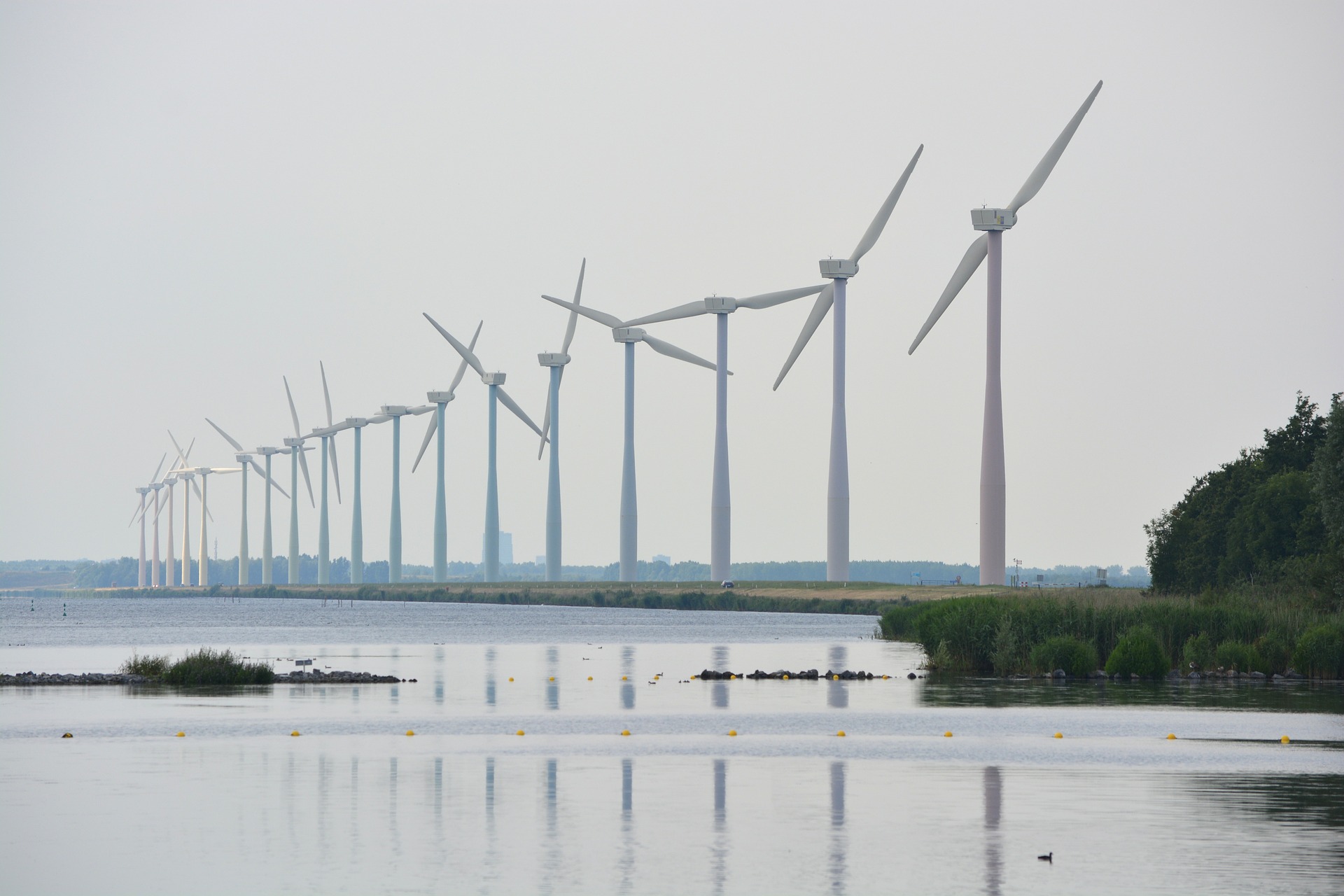Last Thursday, the Senate voted to amend the act on renewable energy sources. The resolution and amendments were supported by 94 senators, and now it will be submitted to the Sejm again. The Senate wants to amend the amendment to the RES Act by deleting the article that allows KOWR to transfer agricultural land from the State Treasury’s Agricultural Property Stock for the construction of renewable energy sources without a tender, inter alia, State Treasury companies. According to the Senate legislators, distinguishing state entities in this way raises constitutional doubts, which the senators also agreed with.
According to Deputy Minister of Climate, Adam Guibourgé-Czetwertyński, the article concerns all companies with critical infrastructure in Poland, not only state-owned companies.
The amendment to the Act changes the definition of a “small RES installation”, thus limiting the concession obligations for entrepreneurs engaged in economic activity in the field of small installations, among others by increasing the maximum installed electrical power to 1 MW, and the maximum achievable thermal power in combination to 3 MW. Entrepreneurs with concessions, whose installations meet the new conditions, will be immediately transferred to the register of energy producers in a small installation.
In addition, the Act provides for the extension until June 30, 2045 of the period of the “discount” settlement mechanism under the prosumer system, the obligation to purchase unused electricity at a fixed price or the right to a surcharge to the market price of electricity under the FIT and FIP systems or as part of the auction system as well as the obligation to purchase unused electricity by renewable energy micro-installations operating outside the prosumer system.
The regulation gives the minister responsible for climate a statutory delegation to issue a regulation specifying the amounts and values of electricity from renewable energy sources that can be auctioned in the calendar years 2022–2026.
The act also provides for changes in the area of spatial planning. Currently, renewable energy installations with a capacity of over 100 kW should be included in the study of the conditions and directions of spatial development of a given commune and in local spatial development plans. This threshold will be increased to 500 kW with two exceptions that will not have to be included in the study: “standalone photovoltaic devices” with a capacity of up to 1 MW and “non-standalone photovoltaic devices” by which we mean e.g. roof panels and other technologically advanced devices photovoltaic integrated with the building.



